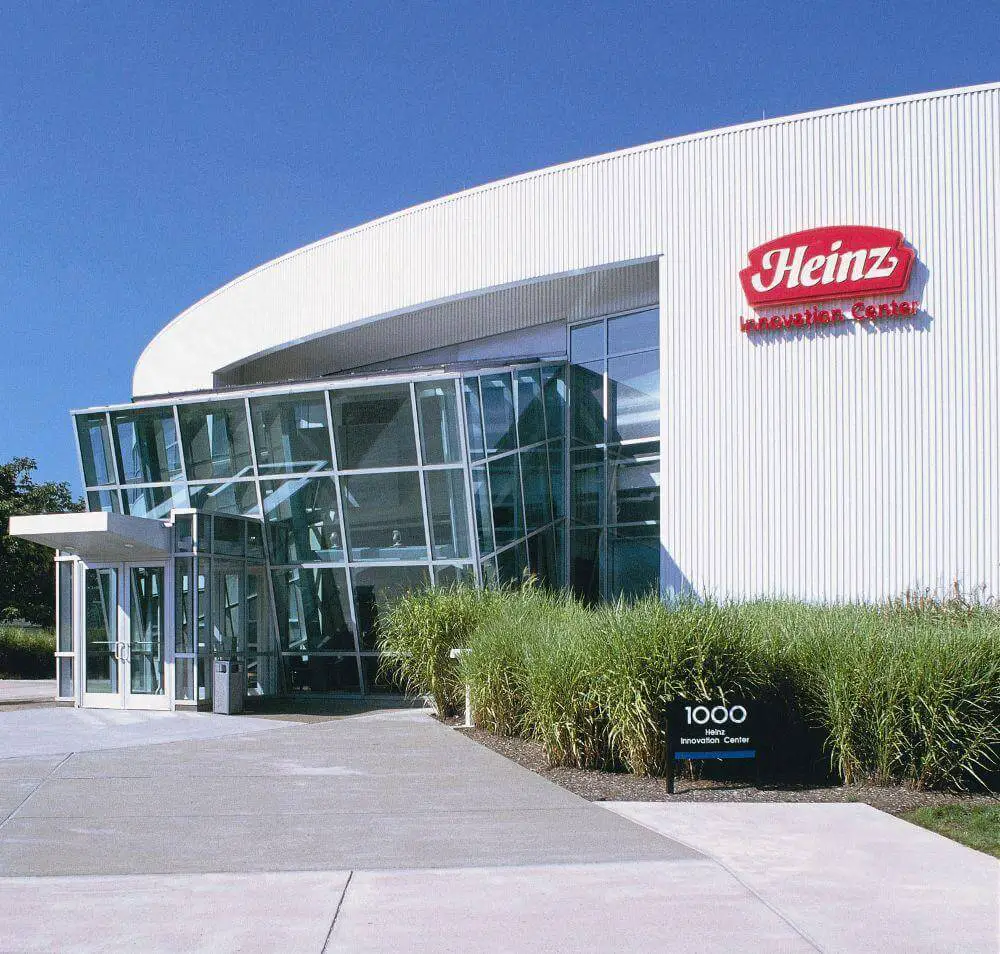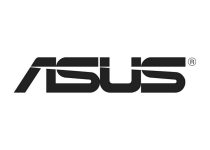Kraft Heinz Mission and Vision Statement Analysis

Kraft Heinz’s mission statement is “to be the BEST food company in the world.” The statement shows the determination of Kraft Heinz to be the pacesetter in all aspects including quality products and customer service. The company is motivated to offer the best services, and this explains why it has drastically grown into the third biggest entity in the U.S within a period of 4 years ever since its merger. The statement has these points:
- Be the best
- Improving communities
- In the world
In the first main points of the mission statement, Kraft shows that it remains focused on achieving milestones other companies have not as fast as it can. The corporation has seen promising progress in this ambition through its wide range of brands supported by the customer services that all the clients enjoy when they choose Kraft Heinz.
Through these efforts, together with other strategic campaigns out there that Kraft Heinz has been involved in, the company satisfies the second point as well. In the third, point, Kraft Heinz makes it clear that this company is not local and neither regional. Its impacts are felt and the global level especially because of its brands that take global needs into account.
Introduction
Kraft Heinz is one of the world’s biggest food and Beverage Corporation in terms of its overall sales volume and revenue. The mission and vision statements of Kraft Heinz are indicative of a company that desires to lead the rest in everything it does. Although it is a merger of two major companies in 2015, Kraft Heinz’s mission and vision statements retain the critical elements and objectives contained in the mother firms – H.J. Heinz and Kraft Foods.
A corporate mission statement highlights the main activities of a business and how it plans to advance its growth. On the other hand, a corporate vision statement sets the developmental path for the company. In this case analysis of Kraft Heinz, the mission statement indicates the desires of the company and its commitment to do everything to lead other companies in the food and beverage industry.
The vision statement of Kraft Heinz focusses on the reputation and the overall impact the company has on the sector. Although Kraft Heinz is a relatively new corporation, it highly considers its core values as critical components that will enable it to gradually achieve its mission and vision statement.
Vision Statement
Although Kraft Heinz does not have a published vision statement, the operations of the company indicate that it strives to set a course in making Kraft Heinz the premier food and Beverage Company. The strategies adopted by the management, including a partnership with progressive investors and constant enhancement of its corporate governance are a reflection of how this company seeks to achieve its vision.
Core Values
Kraft Heinz’s core values comprise “customer first, innovation, integrity, ownership, quality.” They are the basic principles that ensure everyone in this company contributes to the overall growth of the corporation and the creation of a positive culture. The focus on customers, honesty and call for all stakeholders to be innovative is exactly what has led to the high-quality products and services at Kraft Heinz.
References
- Bart Baetz, C. K. M. C. (1998). The relationship between mission statements and firm performance: An exploratory study. Journal of management studies, 35(6), 823-853.
- Braun, S., Wesche, J. S., Frey, D., Weisweiler, S., & Peus, C. (2012). Effectiveness of mission statements in organizations–A review. Journal of Management & Organization, 18(4), 430-444.
- Calandro Jr, J. (2015). The” Next Phase” of Strategic Acquisition. The Journal of Private Equity, 27-35.
- Chaboud, I. (2016). The 100 billion dollar Heinz-Kraft deal. Strategic Direction.
- Chun, R., & Davies, G. (2001). E-reputation: The role of mission and vision statements in positioning strategy. Journal of Brand Management, 8(4), 315-333.
- King, D. L., Case, C. J., & Premo, K. M. (2010). Current mission statement emphasis: be ethical and go global. Academy of Strategic Management Journal, 9(2), 71.
- Kraft Heinz – Home.
- Kraft, K. L., & Hage, J. (1990). Strategy, social responsibility and implementation. Journal of Business Ethics, 9(1), 11-19.
- Mullane, J. V. (2002). The mission statement is a strategic tool: when used properly. Management Decision, 40(5), 448-455.
- Scott, C., Jaffe, D., & Tobe, G. (1993). Organizational vision, values and mission. Crisp Learning.
- Zhu, J., Boyaci, T., & Ray, S. (2016). Effects of upstream and downstream mergers on supply chain profitability. European Journal of Operational Research, 249(1), 131-143.











